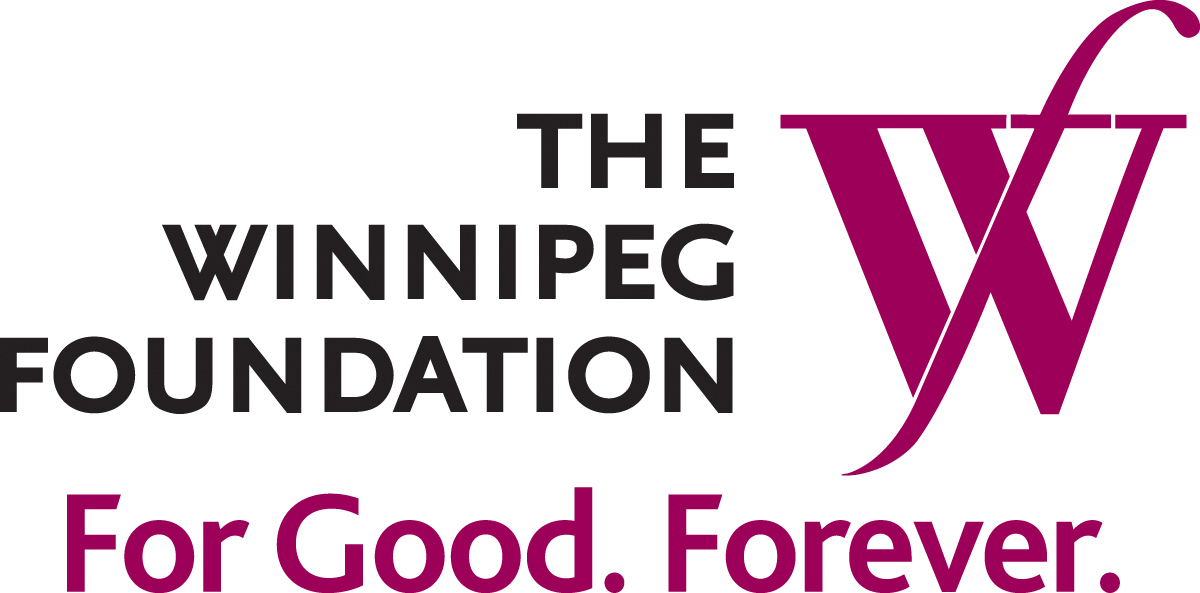Cities like Winnipeg face complex challenges, from increases in crime, homelessness, poor mental health and addictions, to decreasing access to affordable housing and labour shortages.
Our Shelter University (Shelter U) pilot program focuses on vulnerable and marginalized peoples, offering free university-level, non-credit courses to shelter-based clients.
Contact Dr. Aaron Klassen to learn more or collaborate on future projects.
Overview
Shelter U provides the framework for post-secondary instructors and non-traditional learners to come together and transform conditions of impoverishment, social vulnerability and precarity in a new way.
Using an evidence-backed approach, we’re striving to make post-secondary learning available to marginalized peoples in the context of collaborative community. Through the program, we will encourage non-traditional learners to undergo a process of self-transformation and achieve real social change themselves.
The Salvation Army Centre of Hope in Winnipeg will host the program, providing a dedicated learning space with support staff. The ultimate goal is to foster a new sense of citizenship and commitment to learning and critical thinking—one that leads to personal growth and participation in social change.

History
Shelter U’s philosophy is based on that of the Clemente Course in the Humanities, developed by Earl Shorris in 1994. He recognized the transformative power of post-secondary education for non-traditional adult learners, first through his research with repeat offenders.
Successful variations of the program have been offered around the world, cohosted by local churches, missions, prisons and universities, in response to specific regional and historic needs. We intend to build on that success while also considering the specific opportunities and challenges facing the clients and workers at the Centre of Hope.
Objectives
Shelter U will provide opportunities for learners to:
- recognize and overcome social inequalities by tracing and confronting their sources
- develop self-esteem and self-confidence through commitment
- be reflexive critical thinkers and problem-solvers
- develop communication skills
- develop collaborative relationships of mutual respect amongst each other, and with the professor and facilitators
- determine desire for further education
It will also provide opportunities for knowledge keepers and producers to:
- build and nurture transformative relationships in collaboration with shelter-based clients and instructors, workers and volunteers
- produce a corpus of knowledge around frontline work and the experience of poverty
- create a forum for academics to enhance our understanding of the real challenges of poverty and displacement in order to better address those challenges, through research and its dissemination
Project Phases
Phase one of the pilot project is nearing completion, and phase two is currently underway.
Phase 1
- internal approvals
- advisory committee consultation
- pilot program design
Phase 2
- organization of board of consultants
- instructor recruitment and professional development
- curriculum design for five courses
- student recruitment and interviews
- application for funding
Phase 3 and Beyond
- Phase three will include a pilot run in fall 2024/winter 2025.
- Future phases will expand to recruit further instruction in the humanities and social sciences; support and administrative staff; and finally, research.
Advisory Committee
Shelter U’s advisory committee comprises local academic, community and Indigenous leadership.
Members include: Drs. Aaron Klassen (Dir.), Jason Peters, Isaiah Allen, Mandy Elliot, Lawrence Deane, James Czank, Rob Fringer, Linda Schwartz; Wendi Thiessen MBA, Naomi Enns MEd., BSRN, John Howden, Vincent Solomon (Rev.) and Mark Stewart. John Rook D.Phil is a guest member.
Instructors
Instructors and volunteer tutors will be sourced from Booth UC and local post-secondary institutions, including the University of Winnipeg, University of Manitoba, Université de Saint-Boniface and Canadian Mennonite University.
There is potential to draw from a range of national and international instructors and researchers. With budgetary approval, visiting scholars and postdoctoral researchers could be awarded fellowships to teach at both Booth UC and Shelter U. Instructors may also include full-time Booth UC faculty on sabbatical or teaching/research leave; retired or emeritus faculty; postdoctoral fellows; and graduate and post-grad students.
Courses
Courses will mainly fall within the humanities and social sciences, depending on availability of instructors and their area of expertise. Instructors will be encouraged to incorporate content into their pedagogy that addresses Winnipeg’s colonial history and Indigenous experience.
Additional courses in the social sciences and spirituality studies will eventually become part of the curriculum, all designed to adopt community-building strategies in their delivery.
Rationale
Shelter U needs to function as a standalone initiative, apart from regular conventions of a post-secondary institution like Booth UC and an emergency shelter like the Centre of Hope.
Non-traditional learners often experience challenges for which post-secondary institutions have limited or no capacity to address (e.g., mental health, trauma and addictions). Shelters offer related supports and are equipped with programming, knowledgeable personnel and a safe space. However, they are geared toward individual care and do not have a mandate to provide life-long education.
Post-secondary education remains an effective way of achieving upward social mobility today—not only in terms of content delivery, but also in building soft skills that support professional development and mutually supportive networks or community.
There is a great need to create initiatives in which participants—non-traditional learners, instructors and support staff—can work together to bridge gaps and develop meaningful relationships that will contribute to real social change. As that kind of dedicated entity, Shelter U will provide the means.
As recipients of a 2024 Community Grant, we gratefully acknowledge the support from The Winnipeg Foundation.


